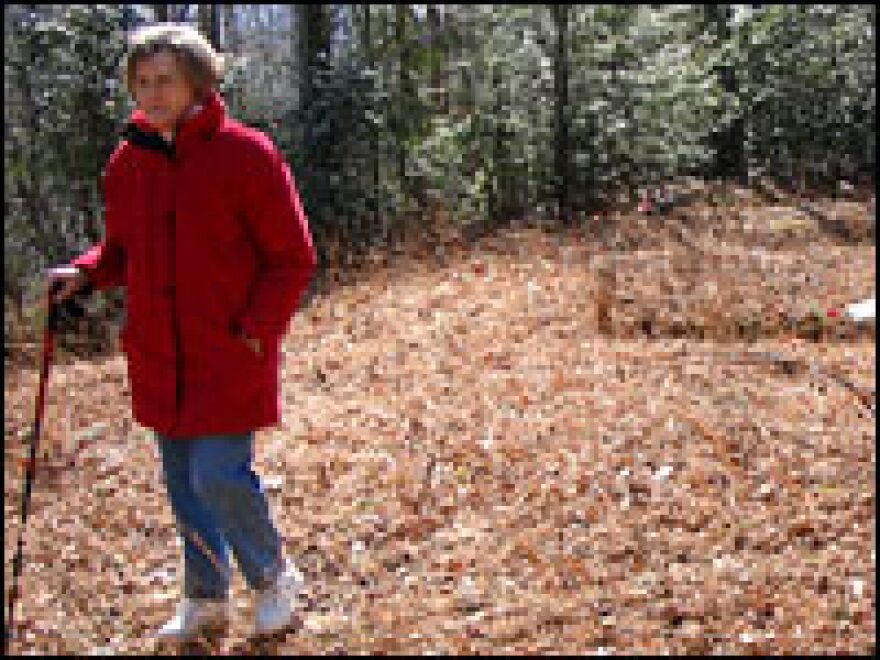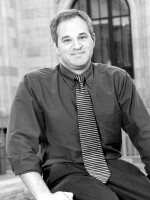
In North Carolina, the National Park Service is trying to settle a dispute that dates back more than 60 years. In 1943, the government promised to build a highway through the Great Smoky Mountains National Park -- in part to provide access to some old cemeteries there. But the highway was never finished, and there's disagreement about whether it should be now.
For decades, families whose ancestors are buried in the park have pressured politicians to finish the "Road to Nowhere." And now, they have an advocate in Congress -- North Carolina Republican Charles Taylor, who's forced a new study of the issue. Taylor supports building a $600-million highway through the park to fulfill the 1943 promise.
But environmental groups say a highway would scar the landscape, destroy wildlife, and pollute the water and air.
Copyright 2022 NPR. To see more, visit https://www.npr.org.



